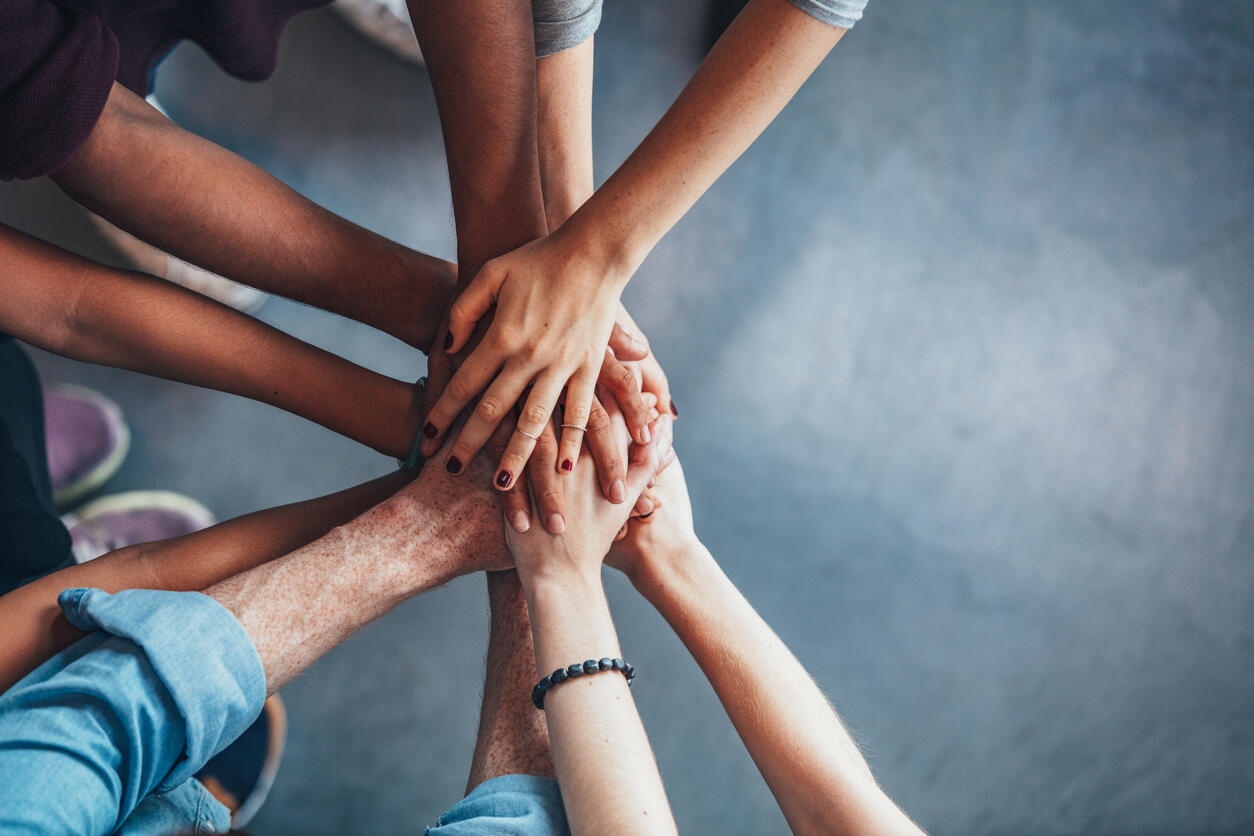
The Gender and Health group at LSTM was established in 1995. Together, with our partners, we work to strengthen health systems to ensure that they respond to the different needs of women, men, girls, boys and people of other genders. Over the past 26 years, members of the gender and health group have worked to prioritise gender-based approaches in service delivery and explore how gender intersects with other axes such as age and ethnicity to understand vulnerabilities to ill health.
What does a day like IWD mean to us?
Over the past year, the COVID-19 pandemic has presented increased physical and social risk for women and girls in all parts of the world. COVID-19 has also demonstrated, the daily risks that women and girls face in order to protect the health and well-being of others, irrespective of a global pandemic. However, global data released by UN Women shows how the COVID-19 pandemic could put gender equality back by 25 years. Now, more then ever we must come together to recognise the new and emerging challenges that lie ahead.
Over the last year, many women and girls have faced increased risks of sexual and gender-based violence. Others have grappled with increased domestic burden, whilst simultaneously working full time. And we must acknowledge that the majority of the health workforce in many settings are also female, presenting many moral dilemmas as women and girls work to control the COVID-19 pandemic whilst also trying to support their families.
This year's #March4Women, which is part of IWD, is an online day of action organised by CARE International. The theme of the march is #SheLeadsInCrisis, which recognises the critical and far reaching role women have played in tackling the pandemic. Women and girls may have faced many social crises over the last year, but today, we choose to recognise the strength and determination that women and girls all over the world have shown throughout the pandemic, many of whom have served as role models to us and others like us all over the world.
What does it mean to you to have role models who are women?
We should never over-estimate the importance of female role models in our lives. But what does a role model look like to us? It’s easy to think that role models should be women who are ‘older’, ‘wiser’, or ‘more senior’. These role models are of course important, however, as we reflect together today, we also recognise the value of the women and girls around us who are ‘younger’, or ‘more junior’, many of whom have led us emotionally or practically in times of crisis.
We recognise the value of our role models. We see their faces, having worn facemasks for 12-hour shifts, and hear their fear as they are redeployed to areas less familiar healthcare areas but remain resolute to do their best. We listen, not just through this past year, but throughout our careers as women in Iraq, Liberia, Yemen, Sierra Leone and beyond share stories of displacement during conflict and crisis, but remain determined to provide health care within all communities. They teach us what true compassion looks like. And finally, we watch as our friends and colleagues simultaneously balance home life, home schooling, studies, work and so many other things. We learn from women and girls like this everyday and try to remember their faces and values within our work.
Linked to the theme of #SheLeadsinCrisis, today, we particularly recognise our colleague Professor Najla Al-Sonboli, one of the lead paediatricians at Al-Sabeen children’s hospital in Sana’a, Yemen. Yemen has endured 6 years of war, and health workers have had to cope with the most unimaginable circumstances. When war started Najla had the chance to leave, but she stayed, serving children and being a source of support to other health workers at the hospital (some of whom have lost their lives to cholera and Covid-19, and have been injured in the war). Najla says “To be a good leader you have to lead by example – you have to become a symbol.” We have also been inspired by the solidarity and support of habibti (which means beloved in Arabic) and has brought together women from different backgrounds across Liverpool and in partnership with LSTM to support health workers, families and children at the hospital. You can read more here, and find out how to get involved; and also about female Yemeni scouser led businesses and social enterprises in Liverpool who support the hospital.
How does IWD link to our everyday work?
All of our work, currently through the ARISE, REDRESS, COUNTDOWN, and Rebuild for Resilience consortia, as well as many other smaller projects, focuses on enhancing equity in health and wellbeing, with a particular focus on gender equity. We work closely with communities and actors across all levels of health systems to co-produce knowledge that seeks to understand how women’s lives and opportunities are influenced by gender inequalities. We also consider other inequalities that intersect with these such as class, caste, ethnicity, disability and location (for example, in ARISE, we are working particularly in urban informal spaces). We seek to understand how we can use feminist and participatory research processes to facilitate or offer opportunities for change. But most importantly, we recognise that ‘women’s empowerment’ is not something than can be delivered to or for any women – it is something we have to do ourselves but we can support each other.
The importance of gender equity in resilient health systems is clear. Not only in supporting a gender balanced workforce, but in considering the role of gender in all health programmes. For example, whilst schistosomiasis is a neglected tropical disease known by many communities, its impacts on women and girls was, until recently, seldom explored. Female Genital Schistosomiasis (FGS) causes stigmatising symptoms for many women and girls, and can progress to sub-fertility if left untreated. Within the COUNTDOWN programme, we are proud to have worked with colleagues in Nigeria and Liberia, who have co-created guidelines to support the management of FGS to contribute toward improving the lives of women and girls. Examples such as these show that with the right tools and knowledge we can work together to promote the health and wellbeing of women and girls.
What we choose to challenge?
The theme for this years IWD is to chose to challenge. Our gender and health group, is a group of women and men working together to promote collective action and change. Today we have chosen to leave you with our individual reflections of what we chose to challenge in 2021. These are things which we are committed to achieving not just today, but everyday on our journey to a more equitable world.

Rachel: I would choose to challenge hierarchies and divisions between women. This is because I see so many current inequalities that cross-cut gender inequality and feel that I need to learn more about how to offer solidarity to other women’s struggles across divisions like class, race, and sexuality, so that we better work towards the social justice that is so badly needed in the world.

Sally: I choose to challenge how COVID-19 has amplified gender inequity and global inequities too. There are wide reaching challenges for countries where war has weakened health systems For people in Yemen, the world’s largest humanitarian crisis, COVID-19 layers on top of war, severe and acute malnutrition, cholera, diphtheria, significant underinvestment in aid (with the UK halving its commitment this year) and wide-reaching gender inequity. Join us to show solidarity with amazing Yemeni health workers and the families and children they serve.

Rozi: I would choose to challenge indifference, and to encourage compassion. This has been a key learning as an important facet of leadership emerging from a recent study carried out exploring COVID-19 health systems adaptations here in Merseyside and in Liberia. It is also an attribute of many of the women role models who inspire me.

Helen: The one thing that I would like to challenge is health-related stigma which disproportionately affects women and girls. Stigma causes barriers to health seeking and to health provision affecting both patients and health workers who provide services. Stigma often attaches to pre-existing inequities and magnifies them. The drivers of stigma therefore must be addressed in order to achieve health equity and social justice.

Laura: I choose to challenge social exclusion experienced by women and girls with disability. COVID-19 has emphasised the intolerable attitude that society still perpetuates toward women and girls with disability. All over the world, women and girls with disability have skills and attributes that can make our world a better place. I choose to work with women and girls with disability to ensure that they are seen, heard, and valued and that we learn from them on our path to a socially just world.